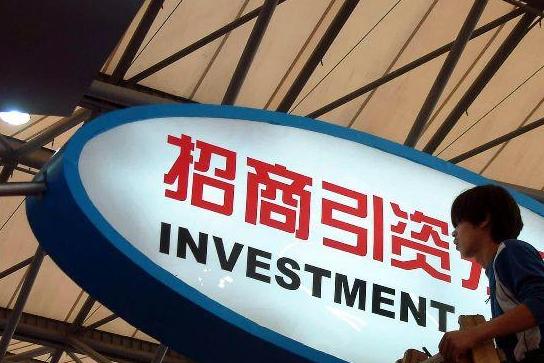BIT for better
- By Zhang Lijuan
 0 Comment(s)
0 Comment(s) Print
Print E-mail China.org.cn, July 15, 2014
E-mail China.org.cn, July 15, 2014
The United States has been the world's top foreign direct investment (FDI) inflow destination for decades. There have been very few concerns or fears in America about receiving FDI. But in recent years, China's gradually increasing FDI to the United States has caused huge concerns in the U.S.
|
|
|
When the BIT gets under way, we can expect that both the United States and China will benefit greatly from increasing FDI from the other side. [File photo] |
China's net FDI inflow to the United States began in 2004. From 2004 to 2008, the size of China's FDI in terms of total FDI in the United States was about one tenth of a percent; from 2009 to 2011, it was about half a percent, and it reached about 1 percent in 2013. Obviously the major concern is not about the size of Chinese FDI. Rather, it is about security and strategic spillover issues. This should partially explain the difficulties of the current BIT bilateral negotiations. The toughest part of the negotiations is probably not about business gains or losses. It is more likely to be about which industries can provide common ground and a level-playing field, both strategically and economically, for investors from both sides. Inside the United States, these latest BIT negotiations may also bring complicated "investment politics" to Capitol Hill.
Since the 1990s, China has become an increasingly attractive destination for FDI from all over the world. The question of how to attract more FDI has caused regional or provincial competition inside China with regard to preferential policies and initiatives. In order to improve GDP growth data, government officials have devoted great efforts to promote FDI inflows. The administration called for an end to the so-called unsustainable development model. Labor and environmental standards have to be enforced. The key to attracting more FDI is not launching more local level preferential policies. Instead, China needs an open investment regime, which will ensure that all investments are treated under the rules of non-discrimination, and all rules must be transparent and predictable.
It took 15 years for China to complete its WTO accession negotiations, mainly with the United States. The world today is not just different from the world of the 1980s and 1990s, it is also different from the world of the 2000s. We should not expect the BIT to be another long road in U.S.-China bilateral negotiations. Instead, we should be prepared for the tough choices that China will have to make.
To survive in a globalized world, a large economy must establish an open investment regime, a transparent and sustainable regulatory system, reliable administrative machinery, and a business-friendly environment. When the BIT gets under way, we can expect that both the United States and China will benefit greatly from increasing FDI from the other side.
The author is a columnist with China.org.cn. For more information please visit: http://www.china.org.cn/opinion/zhanglijuan.htm
Opinion articles reflect the views of their authors, not necessarily those of China.org.cn.







Go to Forum >>0 Comment(s)